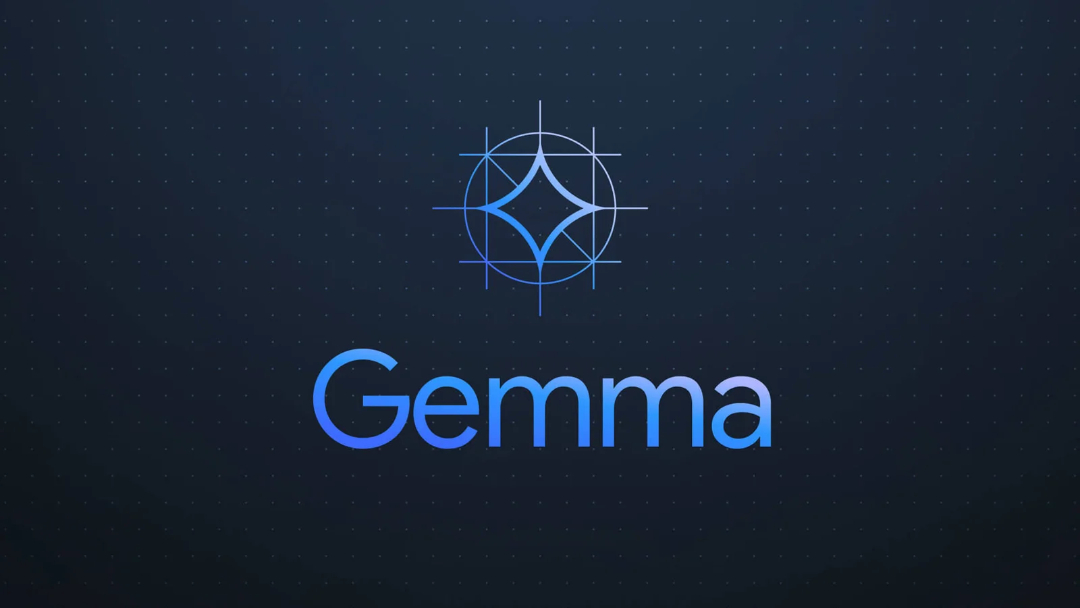Google Rolls Out Lightweight AI Model, ‘Gemma’, You Can Run On Your Desktop
By Mikelle Leow, 22 Feb 2024

Image via Google
Google has just unveiled Gemma, a fresh, streamlined lineup of artificial intelligence language models that promise to bring the power of advanced text generation and language processing to a wider audience. Unlike its more complex cousin Gemini, Gemma models—including the Gemma 2B and Gemma 7B—are designed to be more user-friendly, capable of running directly on personal computers.
These steps are part of Google’s vision to democratize AI use, making it more accessible across the globe. “At Google, we believe in making AI helpful for everyone,” the tech giant shares in a blog post. “Today, we’re excited to introduce a new generation of open models from Google to assist developers and researchers in building AI responsibly.”
The lightweight Gemma was developed with insights from Google DeepMind and other AI teams within Google, thus benefitting from the cutting-edge techniques that shaped the development of the company’s advanced models.
Optimized for versatility, Gemma models are compatible with a variety of tools, systems, and devices, flexibly running on Nvidia GPUs, Google Cloud’s Vertex AI, or even a simple laptop. The company emphasizes that despite their smaller size compared to some of the behemoths in the AI field, Gemma models punch above their weight in key performance benchmarks.

Image via Google
To address some shortcomings of AI, Gemma is built on the foundation of Google’s AI Principles. This includes efforts to scrub sensitive data from training sets and employing reinforcement learning from human feedback to guide the models towards responsible behavior. Google aims to contribute to the open AI research community with Gemma, continuing its legacy of innovations like the Transformer architecture and TensorFlow.
Rounding off its offering, Google is also launching a Responsible Generative AI Toolkit alongside Gemma, drawing on its extensive experience in the field to help developers build safer and more ethical AI applications.
For those eager to dive into Gemma, the tech behemoth is providing free access through platforms like Kaggle, Colab notebooks, and Google Cloud, with substantial credits available for researchers looking to push the boundaries of what’s possible with AI.
[via Engadget and How-To Geek, cover image via Google]





